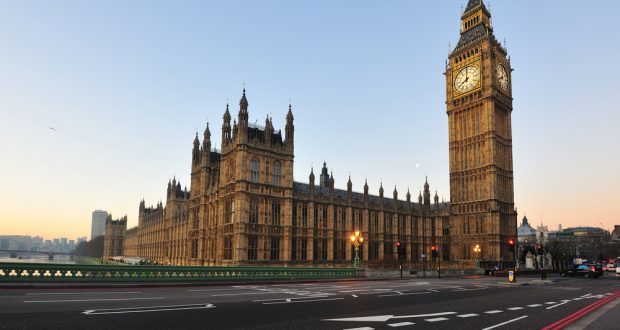Researchers at Queen Mary University of London analysed 119 snacks, including dried/roasted pulses and processed pulse snacks (lentil curls, chickpea chips and puffs), which are often perceived as healthy alternatives to the usual snacking options. They found that despite these products being (on average) lower in fat, saturated fat and calories, and higher in fibre, 43% are also high in salt.
The researchers found that despite more than half (55%) of the products surveyed being high in fat, salt and/or sugar, the majority of products do not display colour-coded nutrition information on the front of the pack as per government guidance. Instead, most products feature on-pack nutrition claims, which they said mislead consumers by creating a “distorted health halo”, which discourages consumers from scrutinising the ingredients more thoroughly.
The research found that 81% of snacks surveyed include a nutrient-based claim on pack, and almost all (95%) include claims such as ‘gluten free’, ‘vegan’, ‘all natural’ and ‘no artificial preservatives’.
In addition, one in three snacks surveyed also specify the use of sea salt, which is often perceived as healthier than standard salt, but research has shown they all contain the same levels of sodium and are equally damaging to health.
Action on Salt says that to ensure salt levels are reduced across all products, including so-called ’healthy’ snacks, it is imperative that ministers announce the successor to Public Health England to take on their vital salt reduction work.
Professor Graham MacGregor, professor of cardiovascular Medicine at Queen Mary University of London and chairman of Action on Salt, said: “Reducing salt is the most cost-effective measure to lower blood pressure and reduce the number of people suffering from strokes and heart disease. It’s, therefore, a disgrace that food companies continue to fill our food with so much salt – especially those enticing consumers into purchasing these so-called ‘healthy’ snacks, when they are the exact opposite. For too long the food industry have been in charge of public health, at our expense; it’s time for the government to take back control.”
Mhairi Brown, policy and public affairs manager for Action on Salt, added: “This survey brings home how high in salt supposedly ‘healthy snacks’ are: it’s no surprise that we are all eating much more salt than the recommended limit of 6g a day.
“The UK’s salt reduction programme was once world-leading, and countries around the world are looking to us, but it can only be successful if it is properly monitored. This is why we urgently need a replacement for Public Health England – to make our salt reduction programme world-leading once more.”
In response, Eat Real, which was mentioned in the report, said: “Eat Real is rooted in a mission to make snacks using real, natural ingredients. We remain totally focused in ensuring our snacks are as healthy as possible, including keeping salt levels down. And we’ve made real progress. We’ve already lowered the salt content of our Chilli & Lemon Hummus Chips, as referenced in the report, by nearly 41% which will be reflected in new packaging soon.
“We’re introducing four new products in August that will demonstrate our ultimate ambition to be a fully non-HFSS brand. We’re determined to keep leading the health conversation, and to continue delivering on our promise of real taste, real nutrition and real ingredients.”
 Talking Retail Grocery and product news for independent retailers
Talking Retail Grocery and product news for independent retailers






